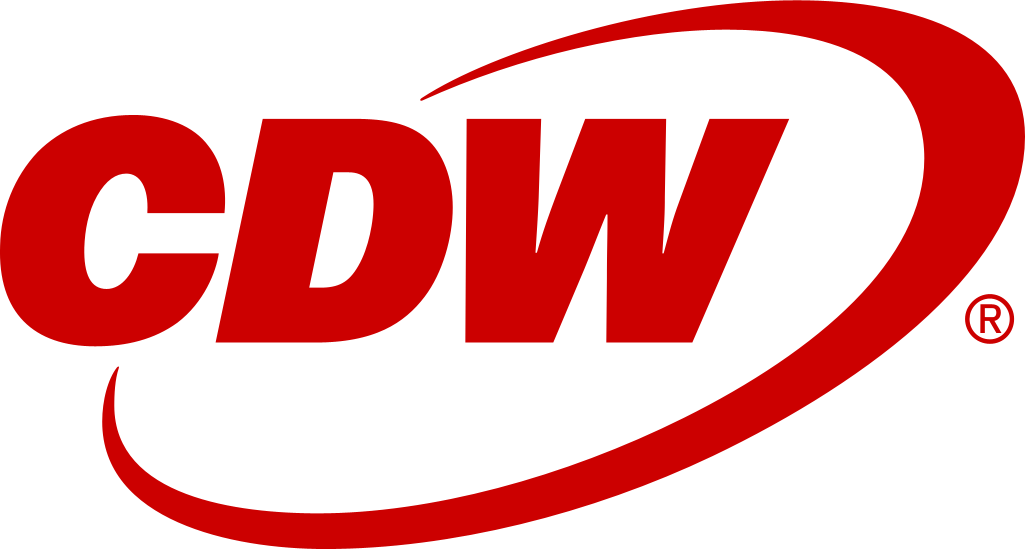Tech specs
Installed Devices Modules Qty
0
Supported Devices Modules Qty
2
Installed Size
4 MB
Qty
24
Type
10/100
Installed Size
32 MB
Type
None
Humidity Range Operating
5 - 80%
Max Operating Temperature
104 °F
Min Operating Temperature
32 °F
Compatibility
PC
Country Kits
United States
Manufacturer
Allied Telesis
Model
8624T/2M
Packaged Quantity
1
Product Line
Allied Telesis AT
Comments
Management
Connector Type
9 pin D-Sub (DB-9), RJ-45
Interface
Ethernet 10Base-T/100Base-TX
Qty
1, 24
Authentication Method
RADIUS, Secure Shell (SSH), TACACS, TACACS+, X.509 certificates
Compliant Standards
C-Tick, EN 60950, EN 61000-3-2, EN 61000-3-3, EN55022 Class A, EN55024, FCC Class A certified, TUV, UL 1950, VCCI Class A ITE
Encryption Algorithm
DES, RSA, SHA-1, SSL, TLS 1.0
Advanced Switching
Layer 3
Cabling Type
Ethernet 100Base-TX, Ethernet 10Base-T
Communication Mode
Full-duplex, Half-duplex
Compliant Standards
IEEE 802.1D, IEEE 802.1p, IEEE 802.1Q, IEEE 802.1s, IEEE 802.1t, IEEE 802.1w, IEEE 802.1x, IEEE 802.2, IEEE 802.3ab, IEEE 802.3ac, IEEE 802.3ad (LACP), IEEE 802.3u, IEEE 802.3x, IEEE 802.3z, X.500, X.509
Connectivity Technology
Wired
Features
ARP support, BOOTP support, Broadcast Storm Control, DHCP support, Full duplex capability, IGMP snooping, IP-routing, Layer 2 switching, Layer 3 switching, Manageable, RARP support, Stackable, Trunking, VLAN support
Form Factor
Desktop
MAC Address Table Size
8K entries
Manageable
Yes
Ports Qty
24
Remote Management Protocol
HTTP, RMON 1, RMON 2, RMON 3, RMON 9, SNMP 2c, SNMP 3, Telnet
Routing Protocol
IGMPv2, OSPFv2, RIP-1, RIP-2, Static IP routing, VRRP
Stackable
Stackable
Subcategory
Network hubs and switches
Subtype
Fast Ethernet
Switching Protocol
Ethernet
Type
Switch
Form Factor
Internal
Frequency Required
50/60 Hz
Nominal Voltage
AC 120/230 V
Power Consumption Operational
65 Watt
Type
Power supply
Clock Speed
200 MHz
Installed Qty
1
Type
PowerPC
Support Details Full Contract Period
Lifetime
Support Details Type
Limited warranty
Free Qty
2
Total Qty
2
Type
Expansion slot
Type
None
Depth
7.2 in
Height
1.7 in
Weight
7.3 lbs
Width
17.2 in
Type
Limited lifetime warranty


